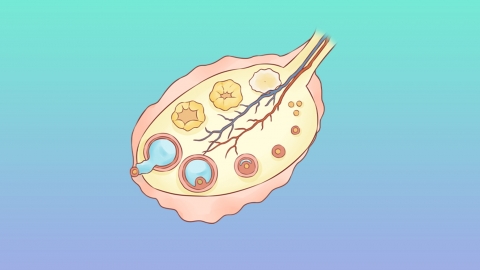Can menstruation be restored at age 51 after menopause?
Generally, if menopause occurs naturally at age 51, it is difficult to restore menstruation through regulation. However, if amenorrhea is caused by non-natural factors such as endocrine disorders or gynecological diseases, menstrual cycles may be restored after targeted treatment of the underlying cause. If there are concerns, it is recommended to seek medical advice early. Detailed analysis is as follows:

If amenorrhea results from natural ovarian decline, with follicles nearly depleted and sustained reduction in estrogen levels, this represents a normal physiological process. At this stage, the body has entered menopause, and no form of regulation can reverse ovarian function or restore menstruation. In such cases, active intervention to restore periods is unnecessary; the focus should instead be on managing menopausal symptoms and maintaining health through lifestyle adjustments or medical support.
If amenorrhea is not due to natural menopause but rather caused by conditions such as polycystic ovary syndrome (PCOS), thyroid dysfunction, or endometrial adhesions, or by prolonged stress or extreme dieting leading to endocrine disruption, ovarian function may not yet be completely lost. With appropriate treatment alongside improvements in sleep patterns and diet, some women may regain their menstrual cycles. The possibility depends on the specific cause and individual health status.
After menopause at age 51, it is important to first consult a doctor for hormone testing and gynecological evaluation to determine the cause. Maintaining regular sleep patterns, a balanced diet, and moderate exercise in daily life can help support overall well-being.




